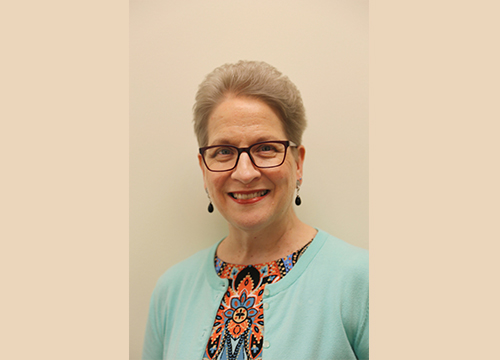Third Sunday of Easter, Acts 2:14, 22-33, Ps 16:1-2, 5, 7-8, 9-10, 11, 1 Pt 1:17-21, Lk 24:13-35
For the seven Sundays of Easter, accounts from the Acts of the Apostles replace the Old Testament stories in the first reading at Mass. This gets a bit confusing, since these episodes in Acts happen after the outpouring of the Holy Spirit at Pentecost.
Gospel readings in the season of Easter spend seven weeks catching up, recounting the resurrection appearances of Jesus and the slow dawn of Easter faith experienced by his disciples.
The verses of Psalm 16, selected for this Third Sunday of Easter, make an obvious connection to the first reading. In preaching to the vast crowd immediately after the outpouring of the Spirit at Pentecost, Peter quotes Psalm 16 as a kind of proof text.
The author of Luke-Acts places the Greek version of the psalm on his lips, bringing forth “you will not abandon my soul to the netherworld, nor will you suffer your faithful one to undergo corruption” as a prophetic reference to the resurrection of Jesus.
Rendered in the original Hebrew, this text speaks to the life situation of the psalmist threatened by illness or calamity. Another translation, “For you will not abandon me to Sheol, not let your servant see the pit,” comes closer to the Hebrew original and expresses an expectation of rescue from death, not necessarily life after it.
At the time of Jesus, resurrection from the dead was a controversial concept: The Pharisees accepted it; the Sadducees did not. At the time of the psalm’s composition, centuries before, the ideas of resurrection and afterlife had not dawned on Jewish religious sensibility. Sheol, and its parallel noun, pit, simply meant the place of the dead, where the breath of God no longer animated the bodies placed there.
Luke-Acts, written in Greek by a fluent and artful speaker of the language, naturally rests on the Greek translation of the Hebrew Testament (called the Septuagint for the 70 scholars who completed it). In the case of Psalm 16, this later rendering of the text in translation shows subtle evidence of a shift in the understanding of resurrection.
In the familiar tale of the road to Emmaus, we recognize the Eucharistic pattern embedded in the story — the gathering of persons, breaking open of Scripture, blessing and breaking of bread, real presence revealed — and most often, our sense of its meaning comes to rest right there.
In this time, however, amid our extended fast from the full experience of eucharistic liturgy, other aspects of the story resonate more profoundly.
The Emmaus-bound runaways leave Jerusalem, seeking the security of their home, seven miles distant from the hotspot. They have already heard about the empty tomb and the testimony of angelic messengers, but they cannot take it in.
Dashed hopes, overwhelming grief and fear for their own lives have rendered them deaf to the good news of resurrection. Then, something happens; the Risen One joins them on their journey.
Jesus meets them, amid their fear and flight from danger. He listens; he speaks. Wanting to hear more, they invite him into their hiding place. He accepts their hospitality and returns it, playing host at their table, even as the lights of evening are kindled against the growing darkness outside. Finally, they recognize him, and he vanishes.
Now they realize that he has been with them all along. They remember the warmth they felt in their hearts as he spoke to them and opened the Scriptures. Immediately, they set off — in the dark — headed back to the community of his disciples. Fear and grief are overcome by the loving, forgiving, consoling presence of the Risen Christ.
In the language of Psalm 16, Christ has counseled them, spoken to their hearts, shown them the path of life and set them on the return journey with abounding joy in his presence.
Christ’s presence abides with us, right here, right now. May his Spirit give us courage on this journey through the dark.
Melanie holds a master’s in pastoral studies from Loyola University, New Orleans.

